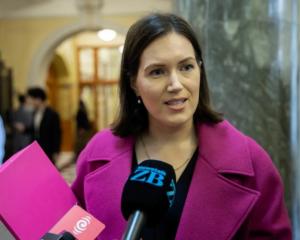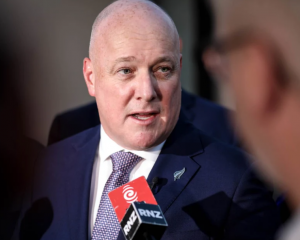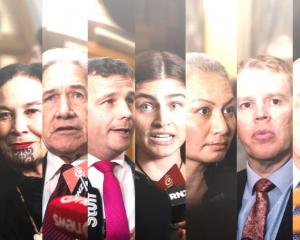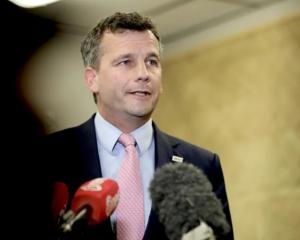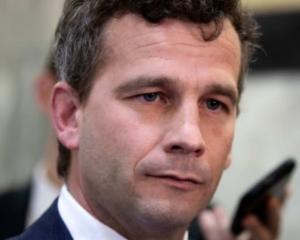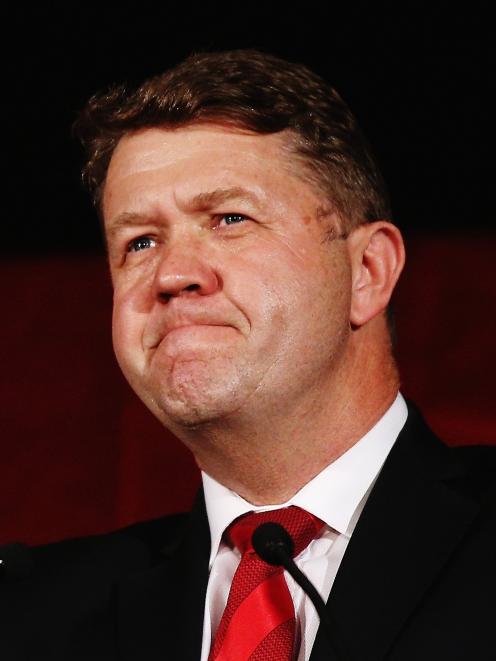
It is understood at least three of Mr Cunliffe's six key backers now believe it is no longer tenable for him to lead because he would have no control over caucus and risk damaging the already reeling party further.
With half of his already meagre support base deserting him, Mr Cunliffe is now facing a choice between resigning or fighting a battle he would have only a slim chance of winning because of his almost total lack of caucus support.
Mr Cunliffe is taking a few days off and is understood to be considering his position.
If he resigns, he could either stay on in a caretaker role or someone such as deputy leader David Parker or veteran MP Annette King could step in as caretaker leader until a formal leadership contest is held.
A spokesman for Mr Cunliffe said he was not available for interviews yesterday and was taking a few days off with his family.
Mr Cunliffe's response to the disastrous election result and his insistence on contesting the leadership again have provoked open defiance and near revolt in caucus.
That has highlighted the difficulty he would face in leading the party over the next term.
Those believed to have withdrawn their support refused to comment yesterday.
A spokesman for Mr Cunliffe denied any problems. "David Cunliffe has had no indication of a change of position from any colleague."
In a further blow to Mr Cunliffe, the Herald understands that Mr Parker had decided to step down from his role on Tuesday because he could no longer support Mr Cunliffe and did not believe it was appropriate to stay on.
Mr Parker had planned to announce his decision publicly after telling the caucus on Tuesday - but was talked out of it by other MPs concerned that it would fuel the perception of chaos in the party.
Staying on will also make it easier for Mr Parker to become acting leader if Mr Cunliffe does quit.
Yesterday, Mr Parker ruled out standing for the party leadership himself - but he would not comment on whether he intended to step down as deputy leader, saying he remained in the role "for the time being".
He was believed to be upset by Mr Cunliffe's response to the election result, including the leader's attempts to muzzle other MPs and his treatment of Mr Parker during a press conference in which Mr Cunliffe intervened to block questions being asked of his deputy.
At that point, Mr Parker had said he would make a statement after caucus - but that did not happen.
Mr Parker was also understood to be upset that Mr Cunliffe did not strongly reject a suggestion that some of his caucus had tried to undermine him during his year of leadership.
Mr Parker stepped forward at that point to deny that other MPs had undermined Mr Cunliffe.
One MP described Labour's seven-hour caucus meeting as "torrid".
As evidence of Mr Cunliffe's lack of control over caucus, his bid to install a supporter as whip was defeated by a rival bid by Chris Hipkins' backers.
A source close to Mr Cunliffe said it was becoming clear it would be hard for him to win the support of the wider membership again given the election result and the low support in caucus, despite the membership vote carrying him into power in last year's leadership battle.
MPs are also in talks outside formal caucus meetings to try to settle on one leadership candidate, to avoid the need for a distracting and potentially destructive campaign.
Grant Robertson is the likely front runner, with Jacinda Ardern as his deputy. Former leader David Shearer has not ruled out trying to return, but is unlikely to press on if most of the caucus opt for another candidate.
Napier MP Stuart Nash has not ruled out contesting the role, although most MPs appear to be cool on the idea because he has only just returned to Parliament.
- by Claire Trevett, NZ Herald
